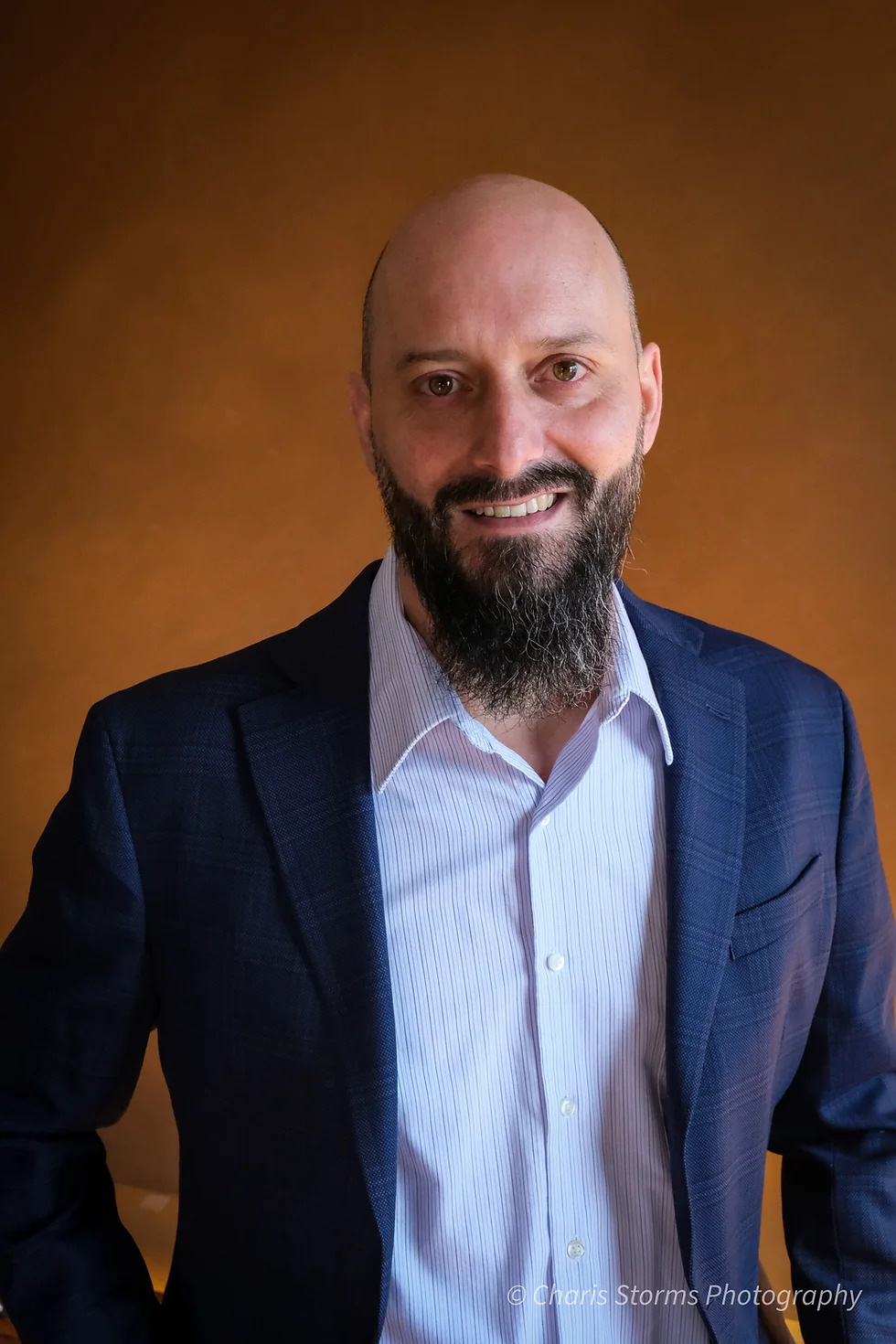In a small room in the heart of New York City, James Marlin, a seasoned investigator and recovering alcoholic, passionately addressed a diverse audience on the pressing need to bridge the growing divides in our society. Marlin’s presentation, titled “Communicate with Those You Hate,” delved into the challenges of the contemporary era, marked by a pandemic of mistrust and extreme polarization.
With an air of urgency, Marlin began by addressing the elephant in the room: the ongoing pandemic. However, he wasn’t referring to a virus but rather to a pervasive sense of mistrust and deep-rooted division. Marlin skillfully painted a picture of a society stumbling from one crisis to another, from Covid to mass shootings to climate change, without finding a collective path forward.
The crux of Marlin’s argument lay in the way modern communication, particularly through social media, was exacerbating these issues. He emphasized how technology, instead of fostering understanding and empathy, had become a breeding ground for anger, fear, and division. The algorithm-driven echo chambers of social media platforms, Marlin argued, were isolating individuals within like-minded tribes or creating more enemies to hate.
“We’ve stopped asking questions, and now we just make assumptions and accusations,” Marlin pointed out. This shift in communication style, he argued, had led to significant perception gaps and misunderstandings, hindering any meaningful progress in addressing societal challenges.
Marlin’s wake-up call came in the form of a recent Gallup Poll that revealed 54% of American adults viewed moral values in the country as poor—a majority for the first time in Gallup’s records. The top reasons cited were the lack of consideration for others and the deteriorating way people treated each other.
Drawing on his experience as a New York City investigator, Marlin presented himself not just as an observer but as someone actively seeking solutions. His work, he claimed, had unearthed the roots of the communication problem and, importantly, viable ways to address it. His personal journey as a recovering alcoholic lent an additional layer of credibility to his message—change and redemption were possible.
“First, we’ve got to take the gloves off. We need to grab a seat at the table across from each other,” Marlin asserted. The key, he argued, was to cultivate curiosity over combativeness, to seek understanding rather than mere agreement. His analogy of treating communication like a boxing match—taking off the gloves—resonated as a powerful call to action.
Marlin emphasized the importance of questioning our own beliefs as much as those of others. He urged the audience to face the fear, anger, and division head-on and to engage in conversations with those they might instinctively dislike. “It’s time to communicate with those you hate, with the goal of understanding them,” Marlin passionately declared.
The consequences of failing to do so, according to Marlin, were dire. The cost was nothing short of the erosion of democracy, the fabric of society, and the very way of life. In a society where shouting matches had replaced meaningful dialogue, Marlin’s call for a return to genuine conversation struck a chord.
James Marlin’s presentation wasn’t just a critique of societal ills; it was a roadmap for individuals to actively participate in healing the divisions that plague us. His words echoed not just in the confines of that room but reverberated as a clarion call for change in a world desperately in need of open and understanding communication.







